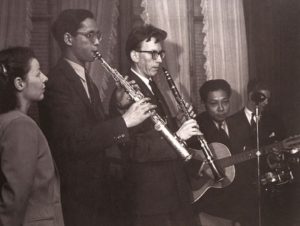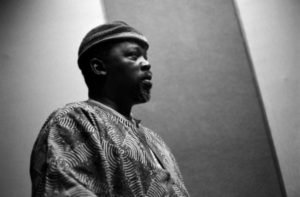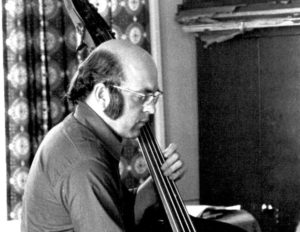Jazz in Greece

Jazz has never had a period of being a ‘popular’ music in Greece, unlike in much of the rest of Europe. It has been argued that this is because of the strong folk music tradition in the country, but that wouldn’t explain the robust jazz scenes to be found in Scandinavia or Eastern Europe where folk music is equally prominent. Difficult political conditions are another argument for why a jazz scene took its time to develop in Greece. In the middle of the twentieth century, the country certainly endured politicial crises – a dictatorship under Metaxas from 1936 to 1941, German occupation from 1941 to 1944, civil war from 1946 to 1949, and a military junta from 1967 to 1974. During these periods, there were occasional efforts to marginalise non-Hellenic culture in the name of nationalism, but not as systematically as in countries under the sway of Nazi Germany or Soviet Russia, where jazz nevertheless flourished.
Whatever the reasons, the result is that the JazzOnline.gr website, and the magazine Jazz & Tzaz both seem to date the birth of a Greek jazz scene to the late 1970s, and in particular the scene that grew up around the George Barakos Jazz Club in the Plaka district of Athens. One band that was playing regularly at the club from 1975 was Lakis Zois Trio with Giorgos Filipidis on bass and Giorgos Trantalidis on drums. In 1978, the guitarist Zois, Filipidis and Trantalidis joined forces with the Egyptian-born pianist Markos Alexiou. As Sphinx they released their debut self-titled album in 1979. This is the album cited as the beginning of a confident Greek modern jazz scene. Sphinx had some success touring internationally, and released further albums in the early 1980s, drawing.
Before moving on chronologically, it’s important to point out that jazz could be heard in Greece before the 1970s. Celebrated composer and jazz pianist Mimis Plessas (born 1924) formed a jazz quartet in 1946. He studied for a PhD in Chemistry at Cornell University in New York from 1949 to 1952, winning a piano competition in his spare time, and sitting in with Harry James and Coleman Hawkins. On his return to Greece in 1952, the success of his songwriting led to him abandoning a career in chemistry and focusing on composition rather than jazz in his music career. He has continued to lead jazz groups into his nineties, often focussing on his elegant melodic writing. His earliest jazz recordings appear, however, to be from the 1980s.
More to come…






